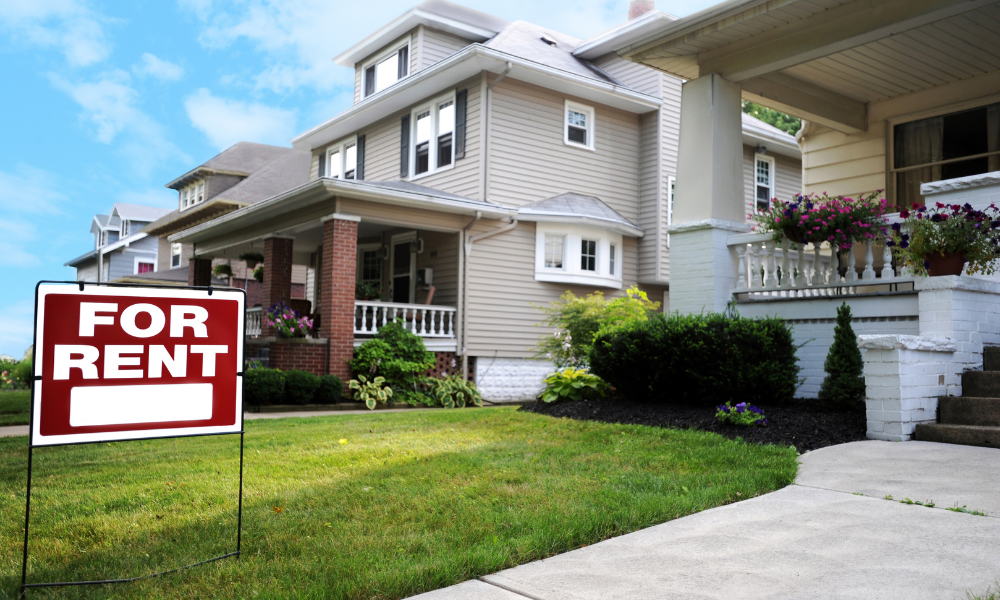A quick outline
Rental real estate investing is a popular choice for many investors, however, with most things there are advantages and drawbacks. Is owning a rental property worth it? We’ll take a look at the pros and cons to this strategy below.
Skip To
Real estate offers a dynamic investing opportunity for those who would like to purchase a property to rent out. Rental properties offer investors a way to generate a steady, passive monthly income. This strategy is less hands-on than doing a fix and flip project, however investors need to bear in mind that it’s a long-term strategy and not a quick way to profit.
There are attractive aspects to rental property investing, but also some drawbacks. Make sure to brush up on both of these if you’re looking at stepping into the rental real estate investing realm. Is owning a rental property worth it? We’ll take a look at the reasons for and against purchasing a rental property and what the alternatives to this are.
Reasons to invest in rental property
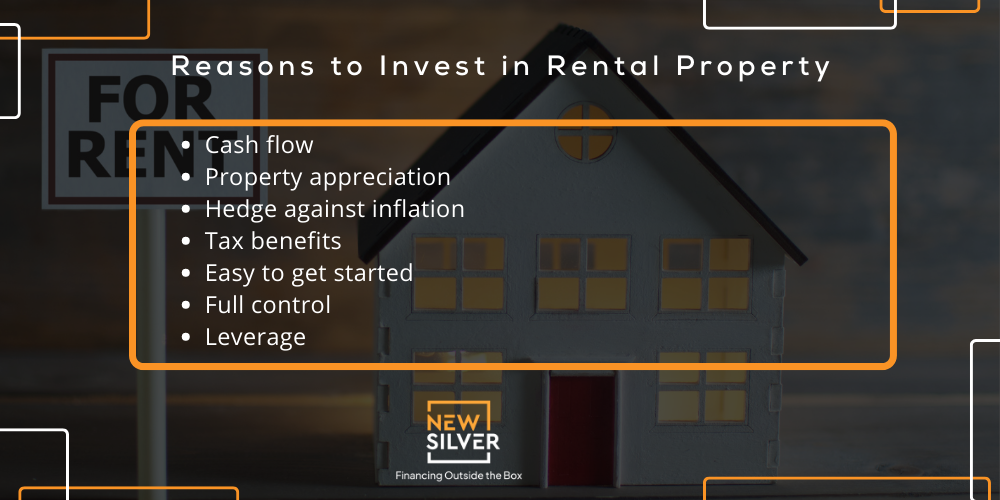
The demand for single-family rental property is growing at a rapid pace, and this has led to rent growth hitting major highs. This has been driven by a number of factors, one of which is the fact that Millennials are choosing to rent more than buy. This may be an attractive option for many who wish to get into the world of real estate. Here are some of the biggest reasons why you should invest in a rental property.
1. Cash flow
One of the key aspects of real estate investing is cash flow. A positive cash flow involves generating more income than you need to cover the expenses, which means you’re left with a profit each month. In other words, if you can generate a positive rental yield, you’ll be making a profit from the investment which you can use to renovate the property or put towards another investment property purchase.
Rental income is perhaps the most attractive benefit to investing in rental real estate. The income that investors will generate each month from rent is a passive way to get an income without a lot of effort. This rent will cover the mortgage and usually the expenses associated with maintaining the property.
Rental income is one of the most important factors in this investment strategy, so it’s vital to set this at the right amount. You can consult a real estate agent, check out similar properties in the area to see what they are charging for rent, or use an online rental calculator to help you decide.
2. Property appreciation
In the US, home prices typically increase over time, which means that property appreciates with time. Over the last 10 years, home prices in the country have risen by 64%, according to a report by the Federal Reserve. So, another reason to purchase a rental property is the fact that it is likely to increase in value over time.
Bear in mind that property doesn’t always appreciate in value, so investors need to make sure that the rental property is in an area which has growth potential. Location is the key, and the type of property is another important factor. Demand varies depending on the area, so make sure to do your homework before you make the final decision on where to buy.
Rental property investing is a longer-term strategy, so the property appreciation trend is a big advantage for investors. Investors can sell the property anytime they wish, once they’ve seen appreciation in value, and make a profit.
3. Hedge against inflation
A rental property can be used as a hedge against inflation. If home value and rent prices rise quicker than the annual rate of inflation, this means that investors can use the rent increases to mitigate the effects of inflation.
Rent reviews that are built into the lease are a good way to make sure that both parties are aware of a potential increase in rent periodically. This is typically yearly, which makes it easier to keep up with inflation.
Another way that investors can use their rental property to hedge against inflation is to shift some of the operating costs to the tenant. For example, utilities or certain repairs. This will lower the operating costs for the property, which will also help with hedging against rising inflation and make the investment property even more advantageous.
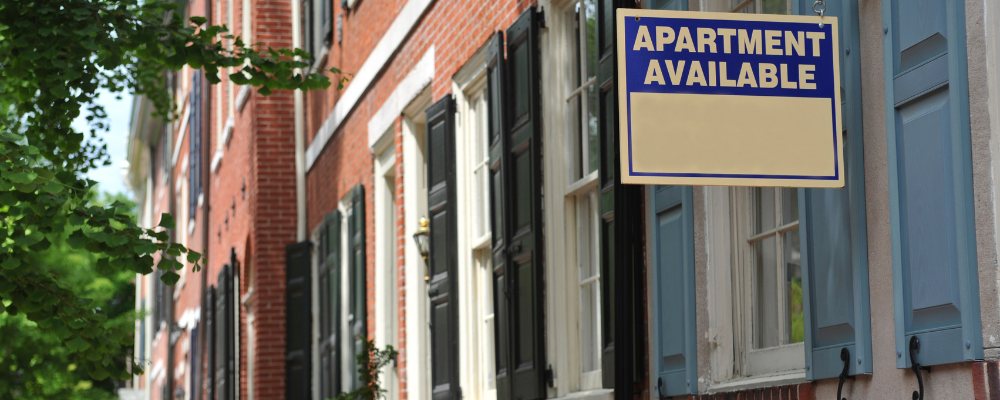
4. Tax benefits
Owning rental property allows investors the opportunity to receive various tax benefits. There are tax deductions which are given by the IRS to investment property owners. The tax-deductible expenses for rental property owners include:
- Property maintenance and repairs
- Management of the property and leasing fees
- Mortgage interest can be deducted from mortgage payments
- Property taxes
- Property depreciation reduces taxable income
- Property owner deductions can be done, particularly for those working from home
- Insurance premiums
5. Easy to get started
There are no qualifications necessary to start investing in rental properties. Anyone can become a real estate investor, and purchasing a rental property simply requires some capital upfront. Investors don’t need an in-depth knowledge of running a business, or an ivy league college degree to make a success of this strategy. Also, getting a home loan is a far easier process than many other investment strategies.
Having said that, it is vital to do extensive research on the area where you’ll be investing and have a working knowledge of real estate and the house purchase and selling processes. Learning how to determine a good rental property is one of the key aspects that should form part of this research.
6. Full control
Another advantage to investing in rental properties is that you can maintain full control and essentially can be your own boss. You will be the landlord, and you get to choose the right property to purchase, as well as the rent price and so on. For those who don’t want to be a landlord, there is always the option of hiring a property manager for this.
7. Leverage
Real estate investors can use leverage to increase their returns on the property, by using other people’s money (OPM) to purchase it. Using the cash-on-cash return formula, investors can sometimes use leverage to receive a higher return than if they had paid cash for the property. Many investors require a mortgage so leverage can be a key element to their strategy when it’s done right.
Cash-on-Cash Return = Annual Pre-Tax Cash Flow / Total Cash Invested
Reasons to avoid investing in rental property
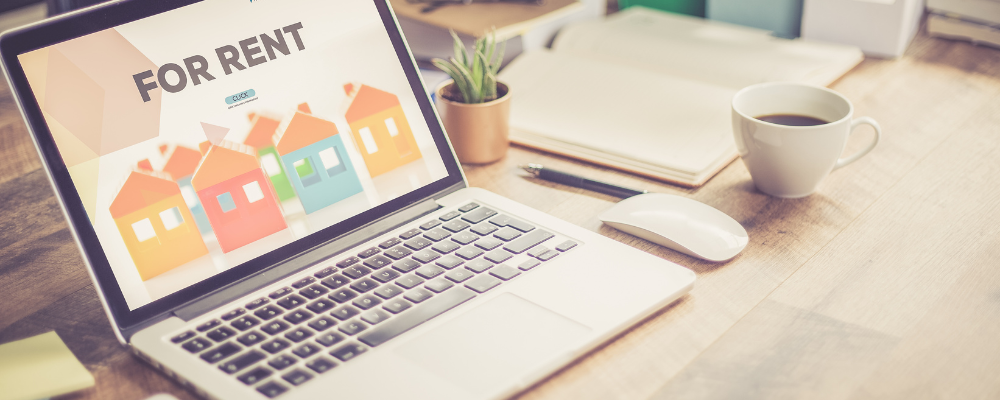
Investing in rental real estate can be a successful strategy, however there are some drawbacks to bear in mind before going down this road.
1. Large amount of capital required
Purchasing a rental property requires a large amount of capital upfront, which can be done via a mortgage, however this will require a down payment. Investment property loans typically require a 25% deposit, which can be a large amount for investors to have on hand. For example, if a property costs $100,000, the down payment required would be around $25,000.
If investors don’t have a down payment on hand, they may need to take out another loan such as a personal loan. This would set you back even further into debt and result in higher payments and interest.
2. Long-term strategy
Investing in rental properties isn’t a quick way to make a profit, it’s a longer-term wealth generating opportunity. For some, this may not be worthwhile if you’re looking for a quick way to make money. You’ll need to own a rental property for a number of years, in order to make a success out of the investment. Which means that it will require time and attention, particularly if you are managing the tenants yourself.
3. Illiquid asset
Real estate is a notoriously illiquid asset, which means that if investors need cash quickly, they cannot simply sell the house overnight. Home sales take weeks or months, which means that, as a rental property investor, your money is tied up in the property without quick access. This can pose a problem for those in a financial jam or whose circumstances have changed.

4. Landlord duties
Owning a rental property means that there will be tenants to manage. These duties will fall on you, as the investor, which can be a headache as tenants can be difficult. Add to this the fact that evictions sometimes need to be done, and this can become a deterrent for many people.
If you aren’t interested in managing the tenants yourself, you can also hire a property manager which would save you the time and effort, however this will add to your costs and therefore decrease your profits.
5. Sole responsibility
As a rental property investor, you are solely responsible for all the bills pertaining to the property. This includes the property insurance, utilities, taxes, mortgage payments and so on. This can be a lot of admin and some investors may not want this level of responsibility.
6. Success hinges on tenants
The success of buying rental properties hinges on the tenants and whether they pay their rent on time and don’t default. Tenants who default on their rent payments or need to be evicted can cause a rental property investment to lose money and become less profitable overall, or even unprofitable for a few months. Essentially, the success of rental real estate investing depends on the tenants who are in the property.
Viable alternatives to rental property investing
If rental real estate investing isn’t something you’re quite ready for, there are other options to consider.
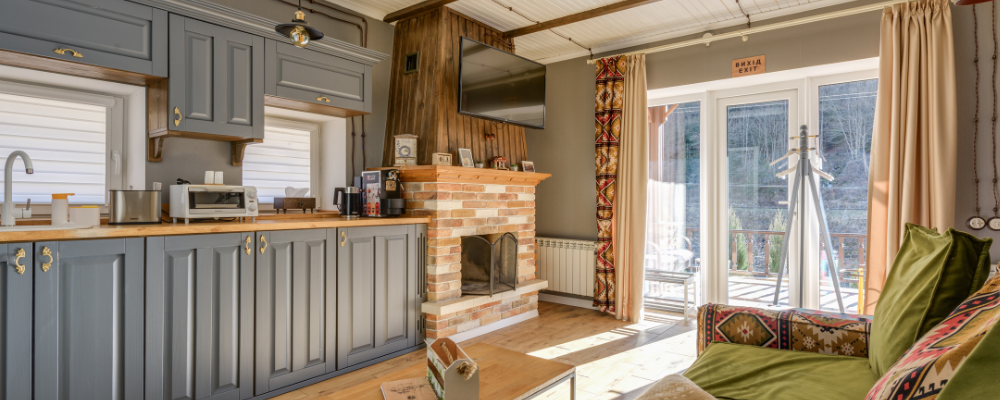
REITS
Investors who are looking for a passive investing strategy in real estate can consider Real Estate Investment Trusts (REITs). In this strategy, a group of people will pool their funds and invest in a commercial property together. The rental income from the property will be distributed to each investor as a dividend. This strategy therefore requires less capital upfront, and less responsibility than rental property investing.
Real estate crowdfunding
For investors with little to no capital, crowdfunding real estate is a great way to get a foot in the door as an investor. Individual investors on crowdfunding websites can help raise the funds that an investor or developer needs for their real estate project. Which means that now investors don’t need to rely on traditional forms of financing and can try creative financing methods like crowdfunding to make their real estate investing goals a reality.
Real estate wholesaling
Wholesaling real estate is a good way to get exposure to the property market with less risk than buying rental properties. This method of investing describes the process of finding a real estate investment opportunity and selling the right to buy that opportunity to another real estate investor.
By acting as the middleman, you don’t have to take on any significant risks because you don’t have to pour tons of investment capital into renovations. With a lower barrier to entry than buying a starter home, becoming a successful wholesaler is a great way for new investors to jump into real estate.
Fix and flip
For investors who are looking for quicker way to make money outside of rental properties, fix and flip properties offer this benefit. ‘Fix and flip’ refers to the process of renovating, rehabbing and reselling a property. This is a more hands-on real estate investing strategy, however it’s short-term and can generate profits in just a few months.
Fix and flip projects require a different type of loan than longer-term rental properties. These can come in the form of hard money loans, which are short-term and geared towards fix and flip projects. These can be paid off once the house is sold, leaving you, the investor, with your profit. Which you can then use to purchase another fix and flip or continue your real estate investing journey down a different path.
Final thoughts: Should you buy a rental property?
The decision on whether to buy a rental property or not largely depends on your personal circumstances. Now that we’ve looked at the advantages and drawbacks to this strategy you could ask yourself the following questions to help you decide:
- Do I have enough capital upfront for a down payment?
- Am I ready to be a landlord, or will I have the cash flow to hire a property management company?
- Do I need to generate a profit within the next few months, or can I invest for the long term?
- Would I like a passive investing strategy or a project I can be hands-on with?
- Am I willing to do the location research necessary to make this strategy a success?
The answers to these questions will steer you in the right direction towards the type of real estate investments that will suit you best.
